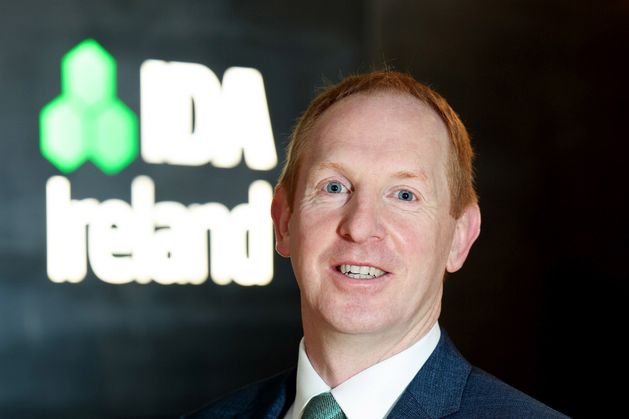Michael Lohan, CEO IDA Ireland
The IDA has reported a significant slow down in new jobs being created by multi-nationals here so far this year, and a net loss of employment in the sector last year.
The total number of people working in Ireland is at an all time high but the IDA jobs news is consistent with a report last week from Bank of Ireland that showed job creation is now driven by domestic employers especially the State rather than the competitive multi-national sector.
In the first six months of this year IDA Ireland said it supported 131 investments, most outside Dublin, that will enable future delivery of 8,900 jobs. That is down on the first half of 2023, when the agency reported 139 investments with the potential of 12,072 jobs.
Today’s News in 90 Seconds – July 8th 2024
The total figures for 2023, contained in IDA Ireland’s annual report, show a slight net employment loss of 1,014 last year as job cuts in the tech sector in particular outpaced new roles being created.
The decrease was driven by a slowdown in the information and communication technology (ICT) services sector and largely driven by headcount reductions and hiring freezes, rather than by company closures, the report said.
Direct employment by IDA Ireland clients in 2023 was 300,583 at the end of 2023, close to an all time high and accounting for 11pc of total national employment.
This year’s foreign direct investment (FDI) has been secured “against an increasingly challenging global operating environment,” IDA said.
The CEO of IDA Ireland, Michael Lohan, said: “Against the backdrop of an intensely competitive global environment and the proliferation of industrial policies, it is imperative that IDA Ireland continues to attract and win new investments whilst at the same time continuing to support existing clients in their investment endeavours across the twin transition of sustainability and digitalisation.”
In its annual report, IDA warned that Ireland needs to remain agile: “The agency is committed to continuing to work with stakeholders to ensure ongoing investment and development in areas such as talent, infrastructure and energy supply which are central to the country’s competitiveness and critical to continued FDI success in Ireland.”

